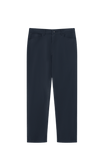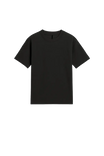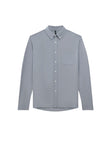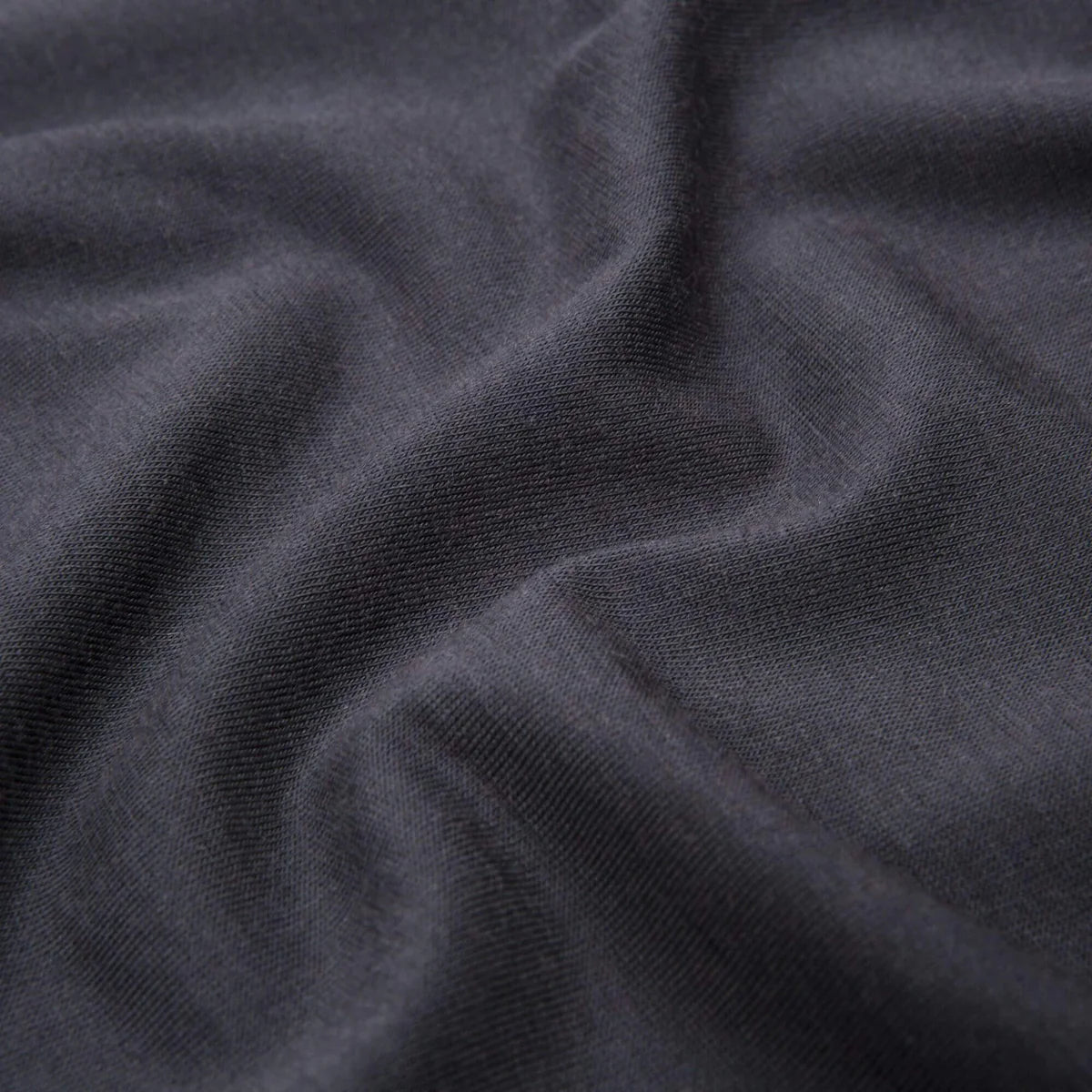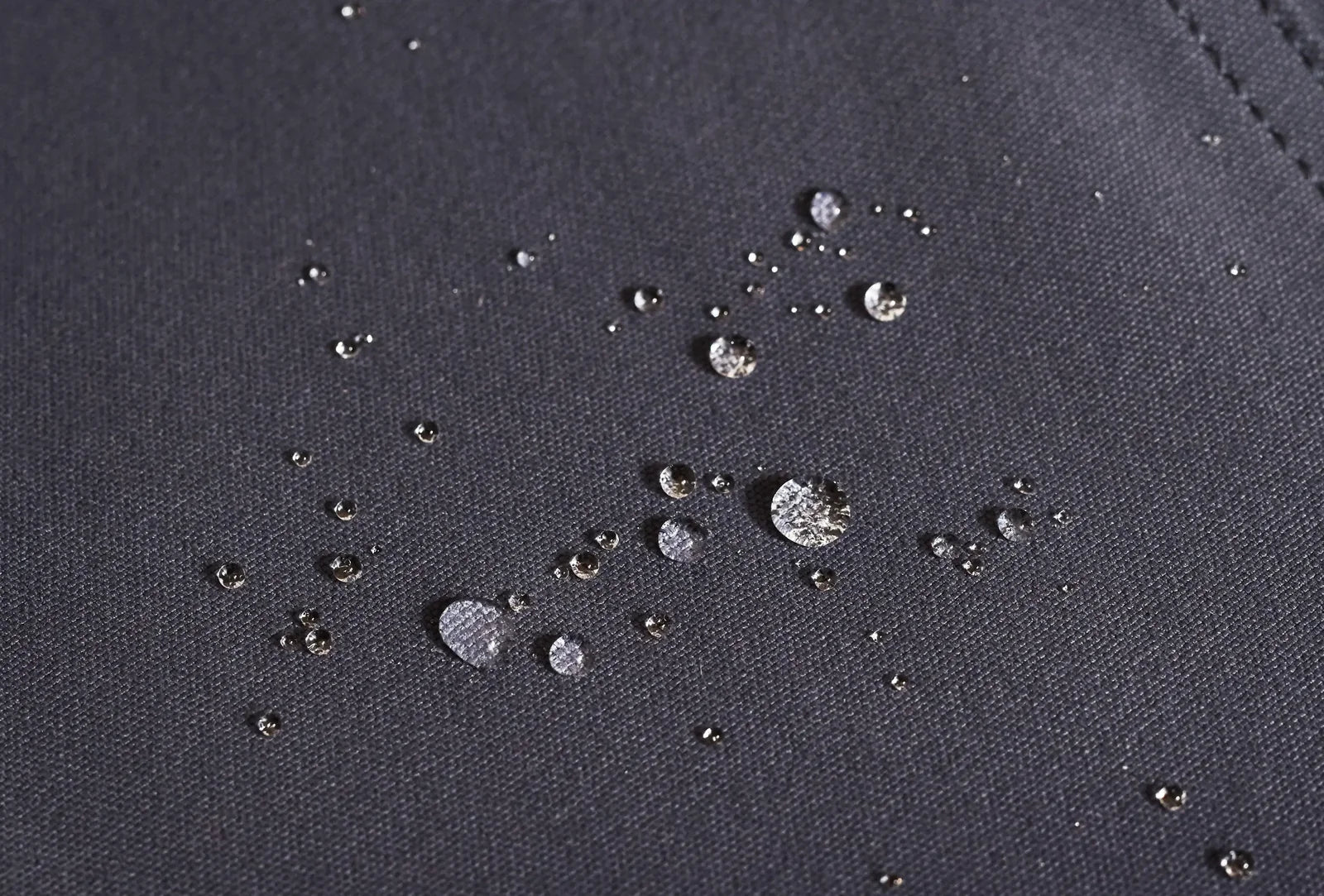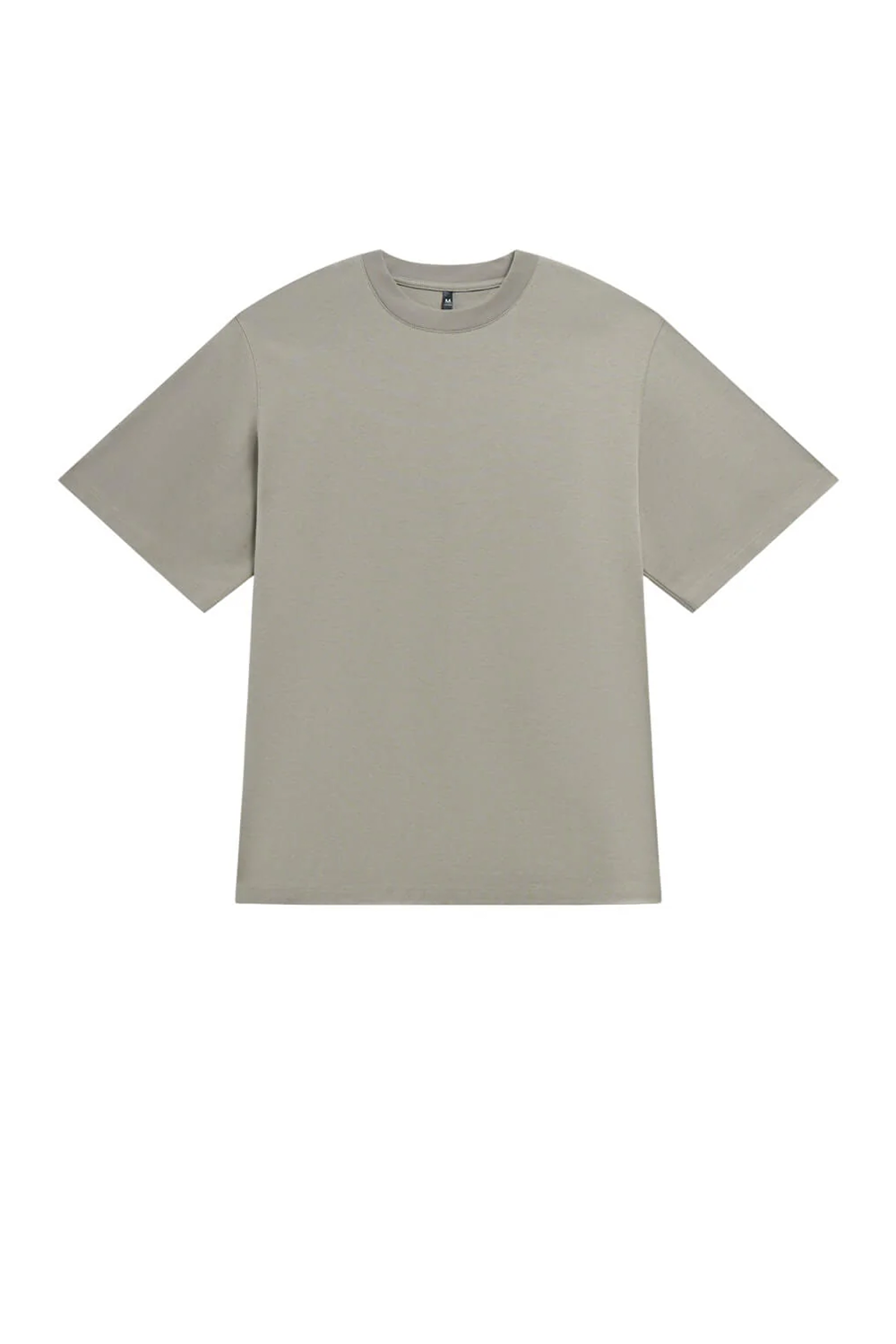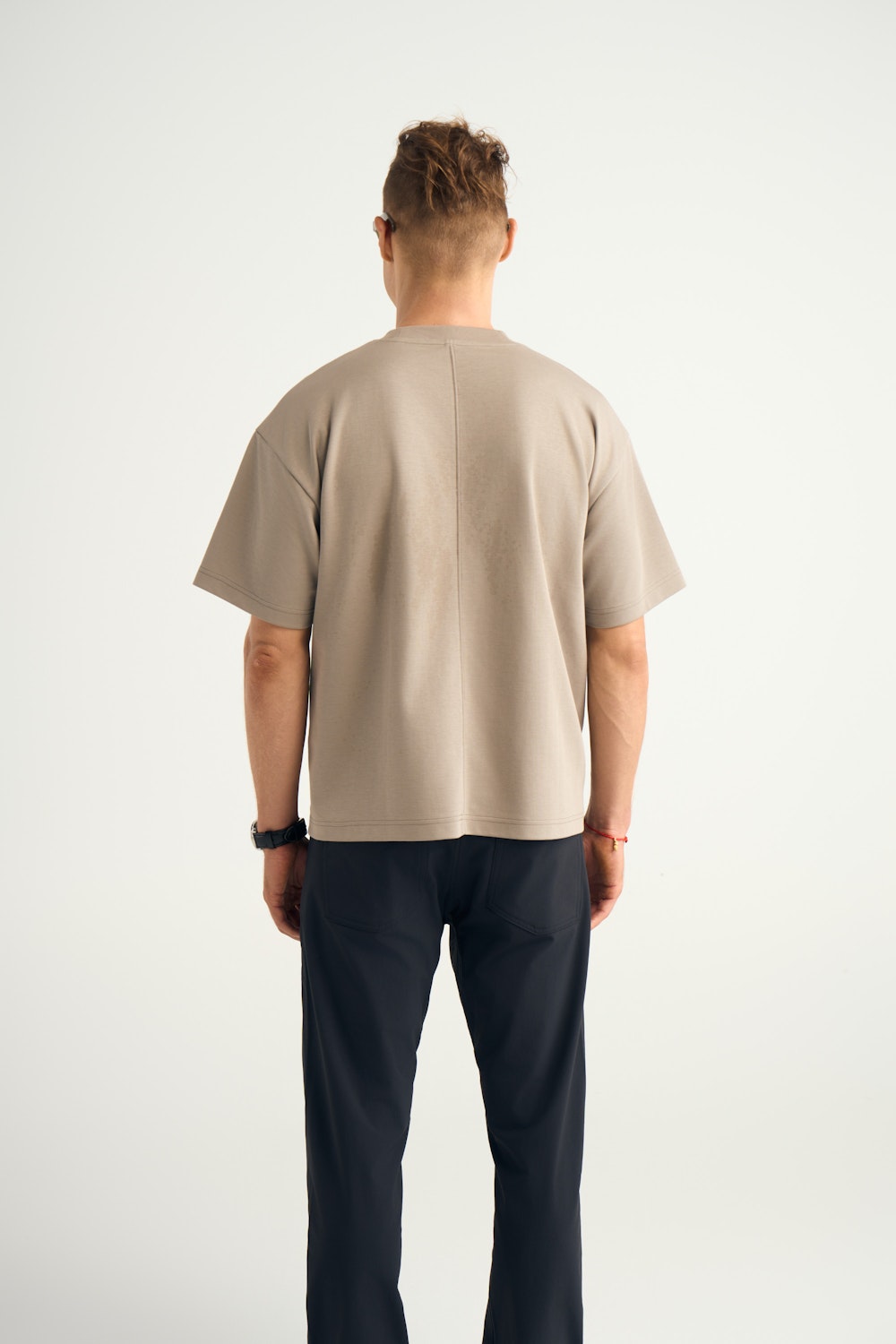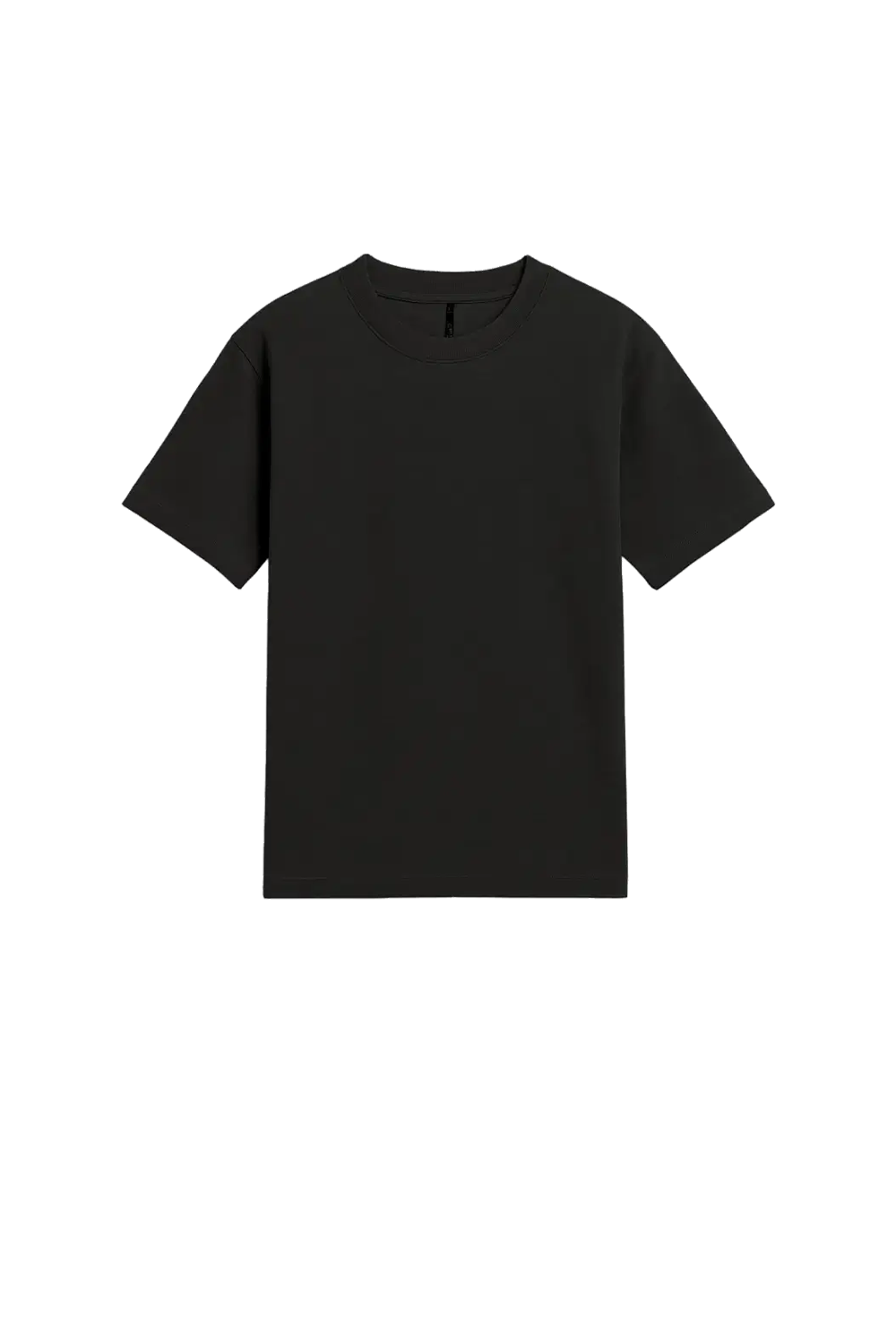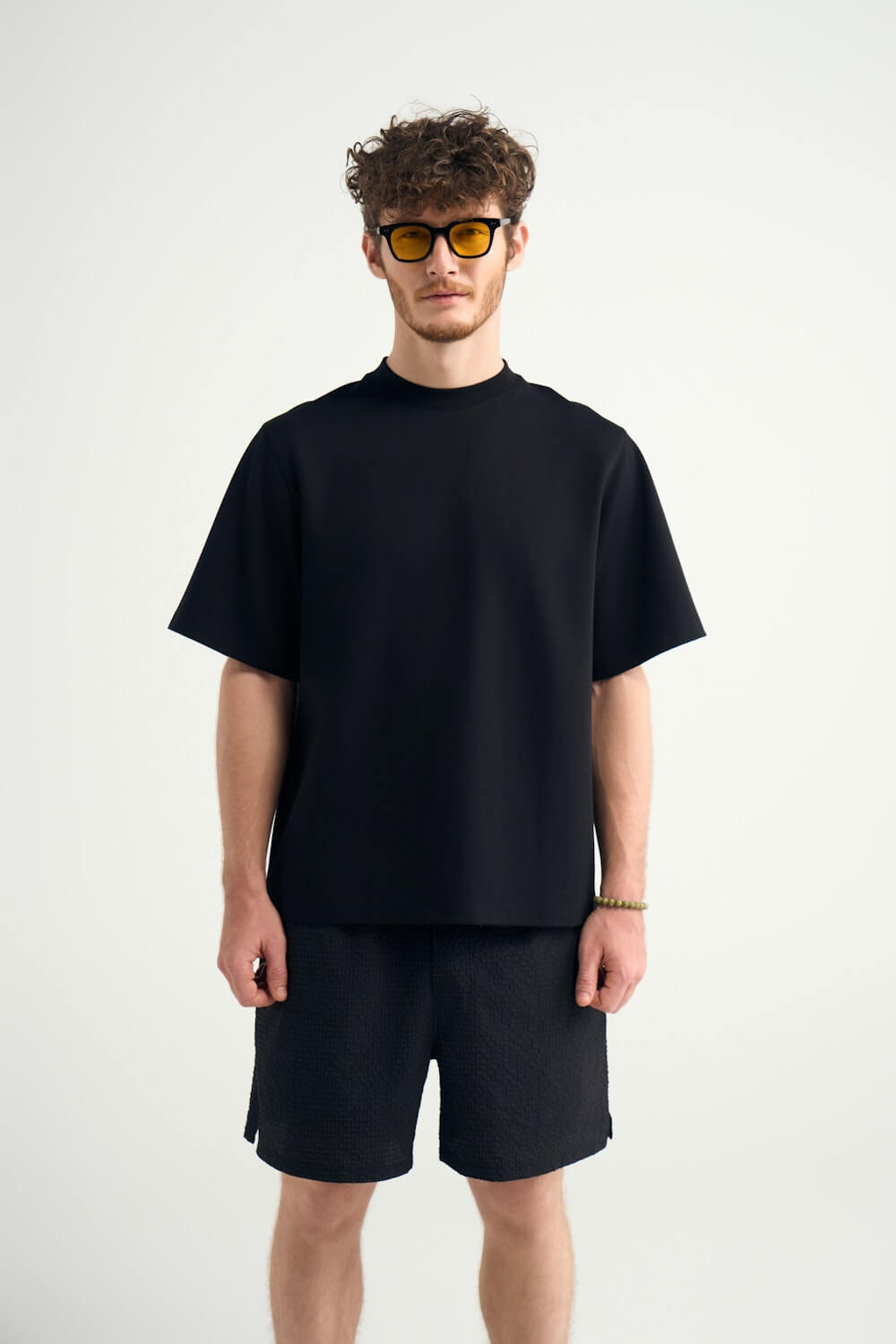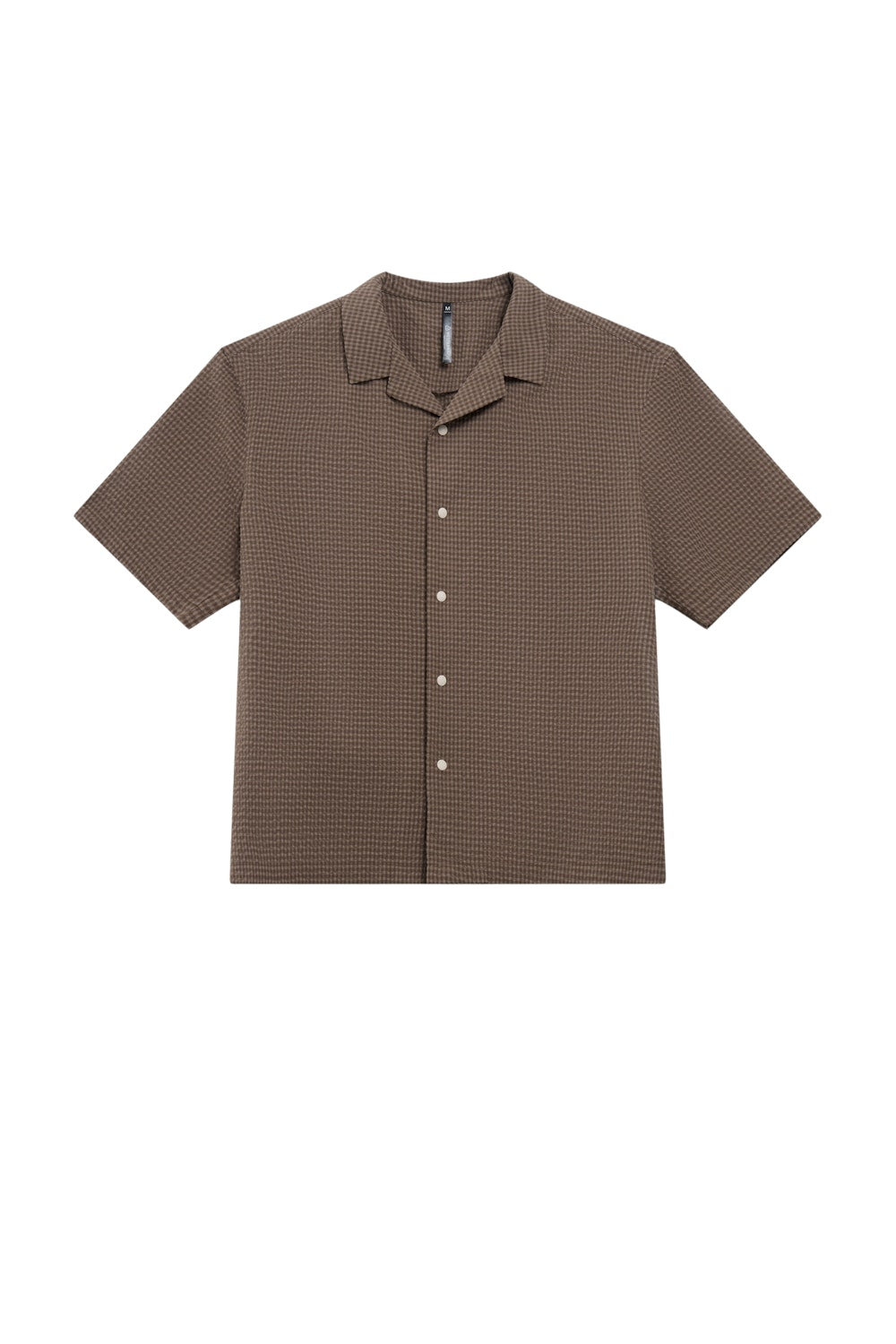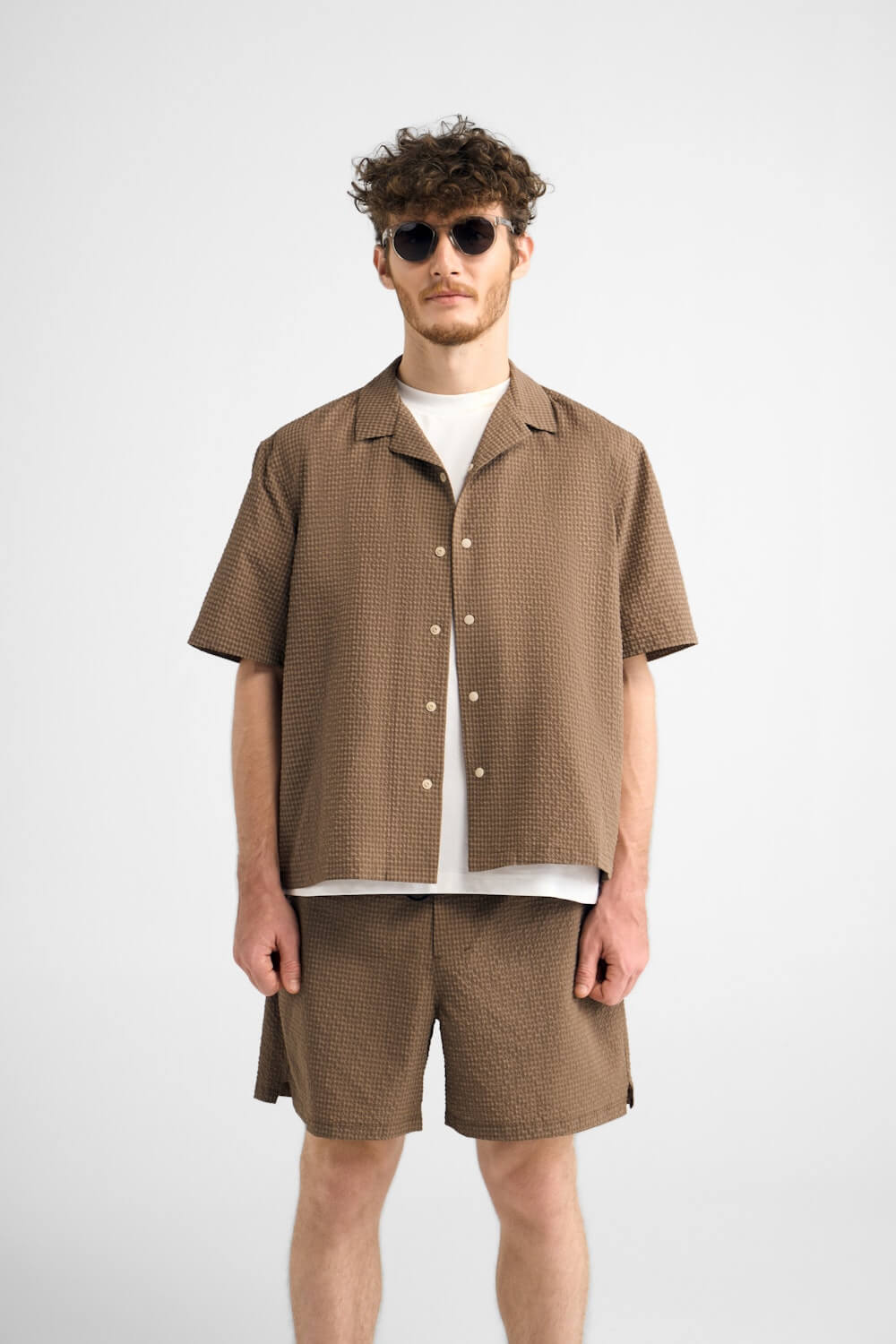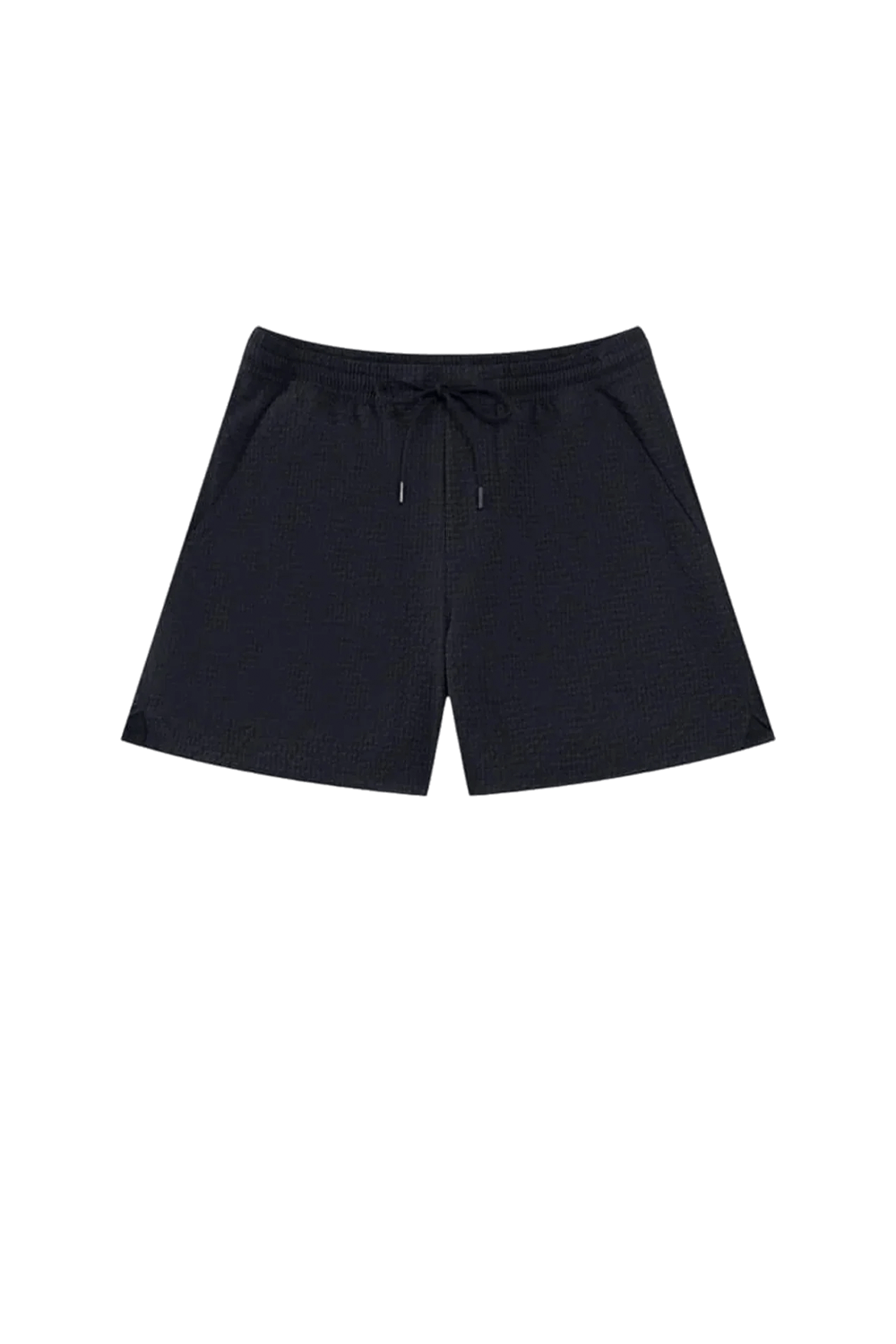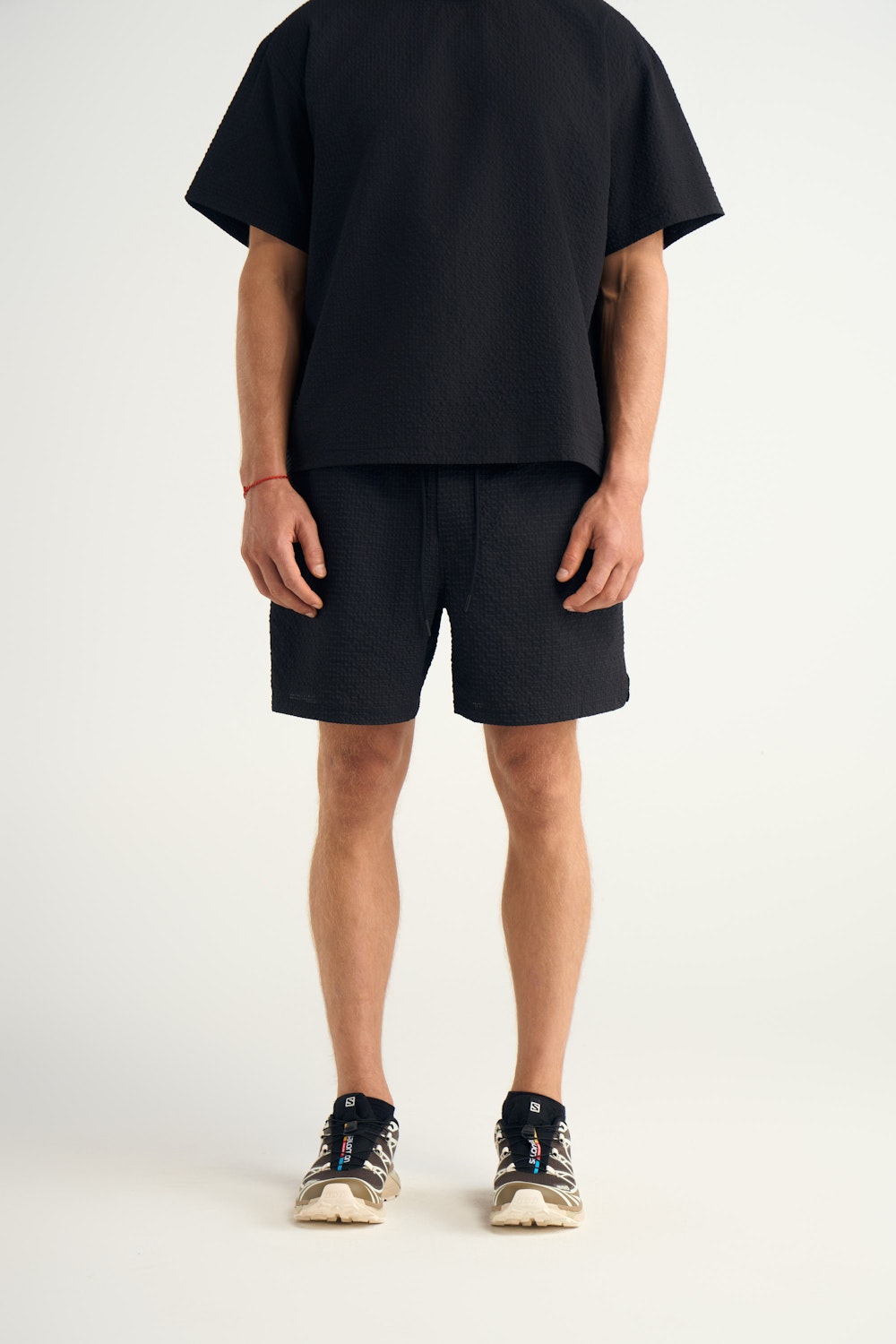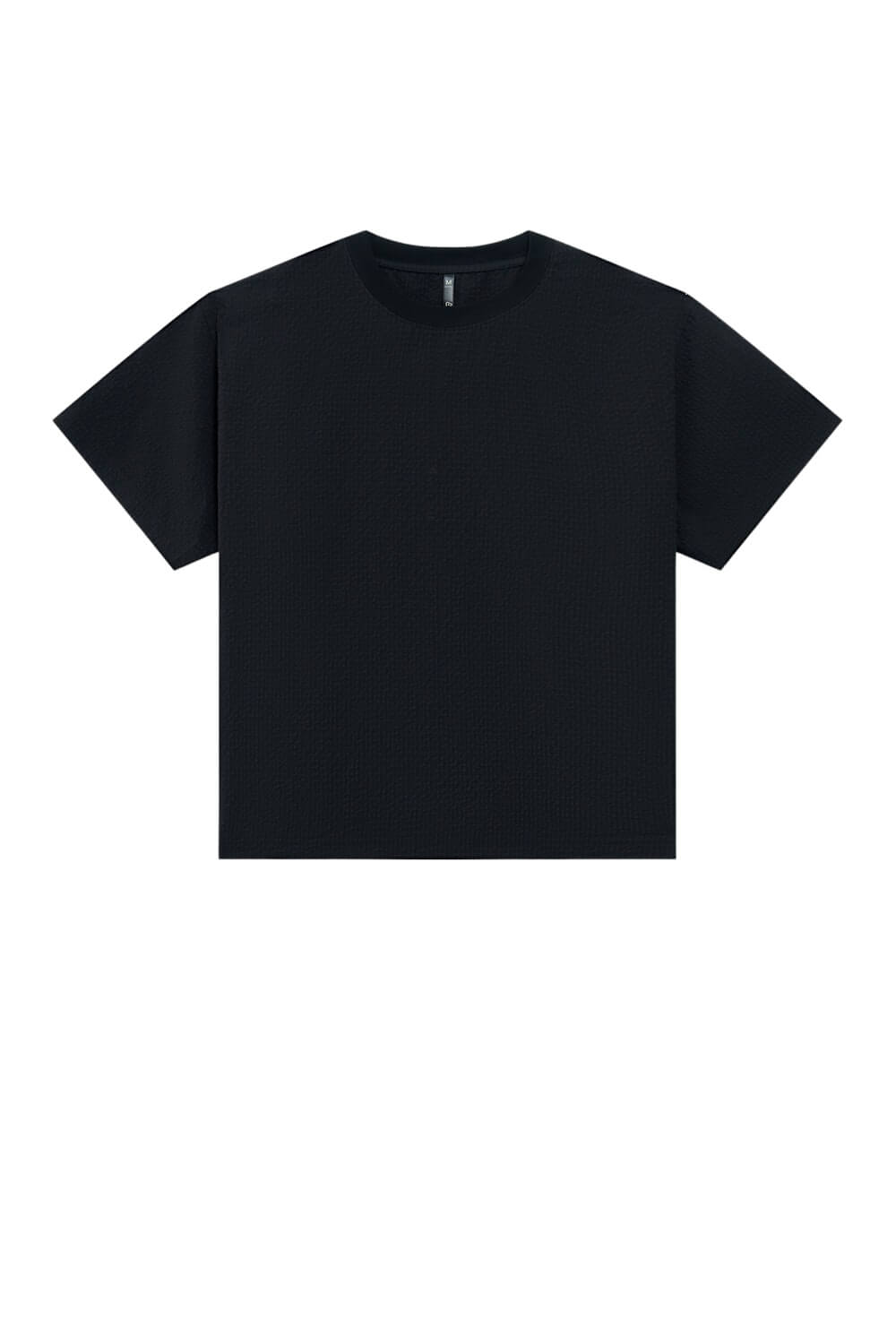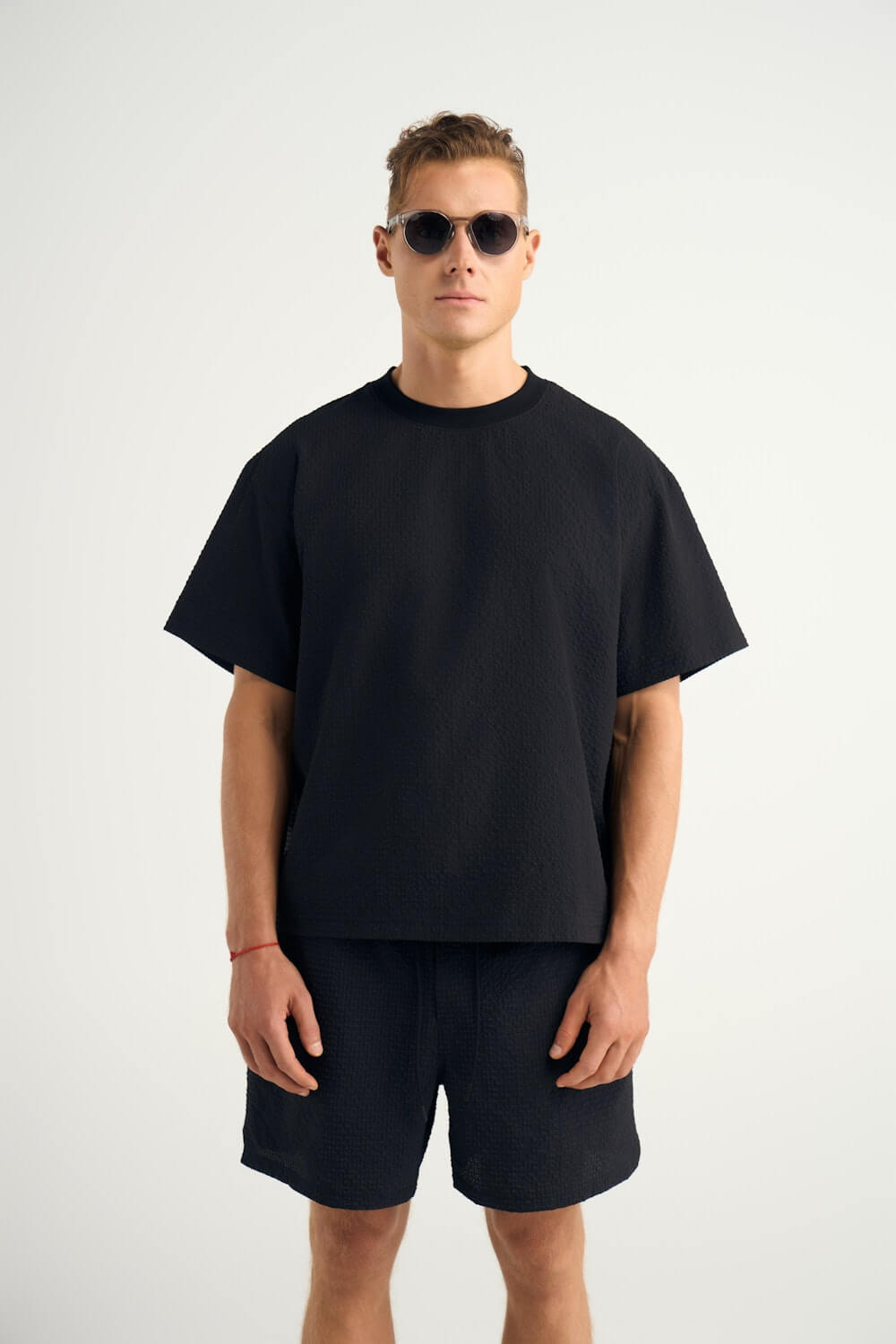What is a Merino Wool?
Merino wool is a natural fiber obtained from Merino sheep. It's known for its exceptionally fine fibers, which contribute to its softness. It's widely used in high-performance outdoor clothing due to its excellent temperature regulation, moisture-wicking properties, and comfort.
What is Cashmere?
Cashmere is a luxury wool obtained from cashmere goats. It is prized for its extreme softness, lightness, and warmth. The fibers are finer, lighter, and softer than even the finest sheep's wool, making it one of the most luxurious wool types.
Merino Wool vs Cashmere
Merino Wool excels with its robust durability, ease of care, and adaptability to diverse climates, making it an ideal choice for travelers, while Cashmere offers unparalleled softness and lightweight warmth, suited for luxury but requiring more careful maintenance.
Warmness
- Merino Wool: Very warm, with excellent temperature regulation. It can trap body heat in cold conditions, making it ideal for winter clothing.
- Cashmere: Offers superior warmth for its weight. Cashmere fibers provide excellent insulation and are often warmer than merino wool for the same thickness of fabric.
Softness
- Merino Wool: Known for being softer than traditional wool. Its fine fibers make it comfortable against the skin, but it's generally not as soft as cashmere.
- Cashmere: Renowned for its softness. The fibers are finer than merino wool, resulting in a smoother, softer texture that is highly sought after in luxury garments.
Durability
- Merino Wool: Highly durable and resilient. Its fibers can bend and recover their shape, making merino garments long-lasting, especially with proper care.
- Cashmere: Less durable than merino wool. It's more prone to wear and tear, pilling, and requires more delicate handling.

Comfort
- Merino Wool: Offers great comfort due to its moisture-wicking, breathable, and temperature-regulating properties. It's comfortable in a variety of climates and activities.
- Cashmere: Extremely comfortable, mainly due to its softness and lightweight. It feels luxurious against the skin but might not offer the same level of moisture-wicking or temperature regulation as merino wool.
Care and Maintenance
- Merino Wool: Generally easier to care for than cashmere. Many merino wool garments are machine washable and more resistant to wrinkles and odors.
- Cashmere: Requires more careful maintenance. It often needs to be hand washed or dry cleaned and is more prone to pilling and damage if not cared for properly.
Itchiness
- Merino Wool: Less itchy compared to traditional wool due to finer fibers. However, some individuals with sensitive skin might still find it slightly itchy.
- Cashmere: Rarely itchy, as the fibers are extremely fine and soft. It's often preferred for direct skin contact, especially by those with sensitive skin.
Conclusion
While both merino wool and cashmere have their unique advantages, the choice between them often depends on the specific requirements and preferences. Cashmere offers superior softness and luxury but requires more careful maintenance and is less durable. Merino wool, on the other hand, provides excellent temperature regulation, durability, and easier care, making it more suitable for a wider range of activities and conditions.

At Western Rise, we have carefully selected merino wool blends for their superior performance qualities in travel clothing. Our Merino Wool collection, including the Limitless Merino Button-Down, Limitless Merino Polo Shirt, StrongCore Merino Tee, and StrongCore Merino Long Sleeve Tee, offers breathable, odor-resistant, and temperature-regulating features. These qualities make our merino wool garments ideal for the versatile, one-bag traveler who values both style and functionality.




